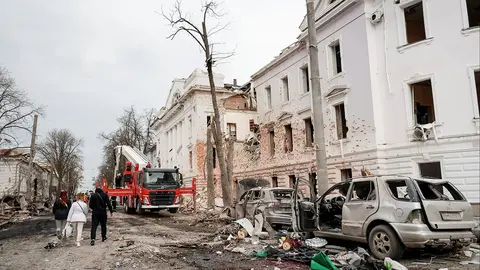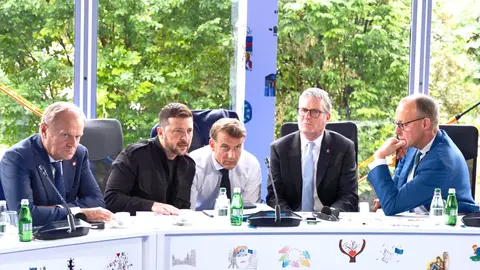Ukraine and Russia agree to new prisoner swap after tense negotiations in Istanbul
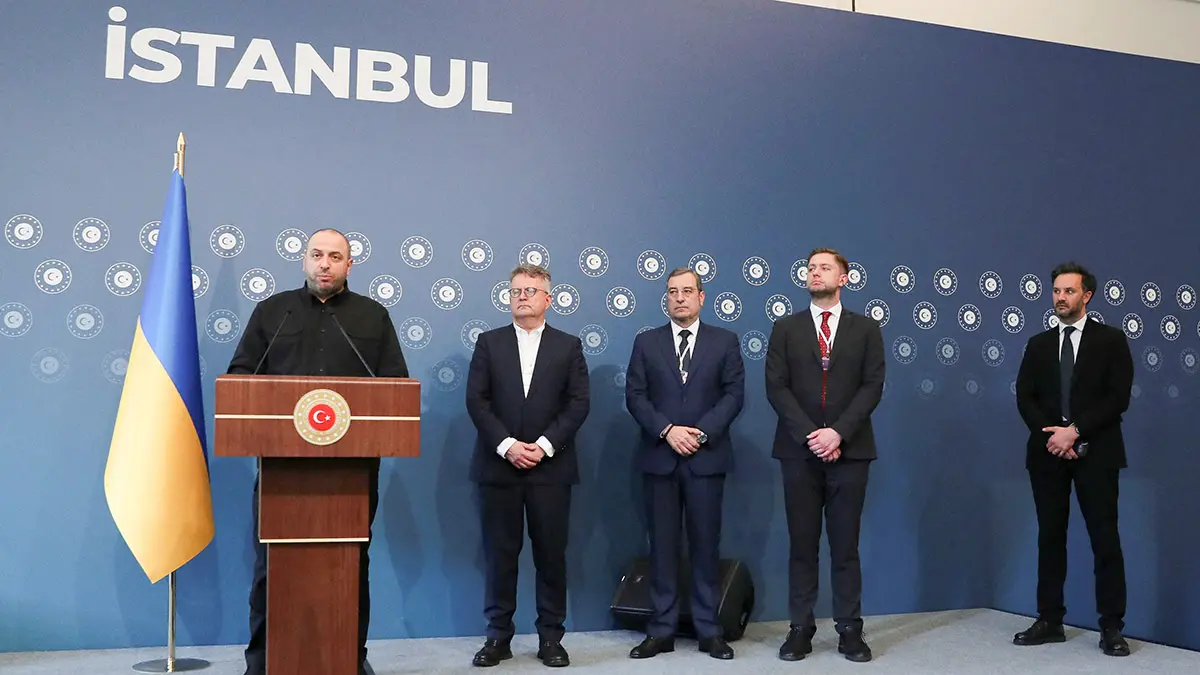
The Ukrainian and Russian delegations concluded the second round of peace talks in Istanbul on Monday with an agreement that, although limited, represents a small step forward: both sides agreed to a new exchange of prisoners of war. The agreement includes seriously wounded soldiers and combatants under the age of 25. The bodies of deceased soldiers will also be exchanged.
Rustem Umerov, Ukrainian Defence Minister and head of the Kiev delegation, reported that the details are being finalised and that the official announcement of the exchange will be imminent. ‘We are focusing on the seriously wounded and sick, on young people and other vulnerable categories, as well as on the exchange of bodies,’ Umerov told the press after the meetings in the Turkish city.
At the same time, Ukraine handed Russia a list of the names of Ukrainian children who, according to Kiev, have been illegally deported by Moscow during the war.
This second round follows the one held on 16 May, which resulted in the largest prisoner exchange to date (1,000 on each side), but failed to make significant progress towards ending the war.
This time, Ukrainian President Volodymyr Zelensky set out three priorities for Kiev: a 30-day ceasefire, a new prisoner exchange, and the return of the deported children. For the moment, only the second point seems to have elicited a concrete response.
For its part, the Kremlin has not publicly revealed its priorities. However, Russian representatives reiterated their insistence on resolving the ‘root causes’ of the war, a term the Kremlin has used since before the large-scale invasion in February 2022 to justify its offensive against Ukraine.
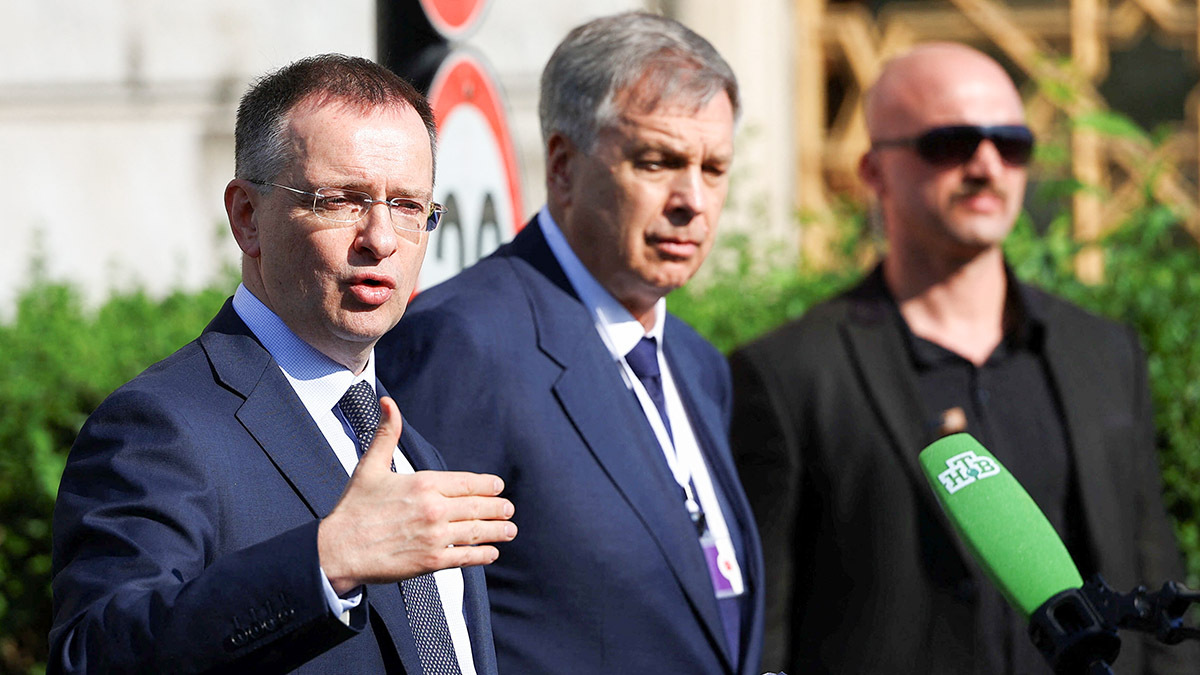
Both delegations presented what they called a ‘peace memorandum.’ According to Ukrainian sources, Kyiv delivered a detailed roadmap for achieving sustainable peace. Russia, for its part, shared its own document, which was later published by the state-run TASS news agency.
The Russian document demands, among other conditions, recognition of the annexation of Crimea and the Ukrainian regions of Donetsk, Luhansk, Zaporizhia and Kherson — despite the fact that Moscow does not fully control any of them. It also calls for the withdrawal of Ukrainian forces from those regions, the demobilisation of the Ukrainian army, the definitive abandonment of any aspiration to join NATO, and a ban on the redeployment of troops or military cooperation with foreign powers.
Other demands include making Russian an official language in Ukraine, renouncing any claims for war damages, and a general amnesty for so-called ‘political prisoners’.
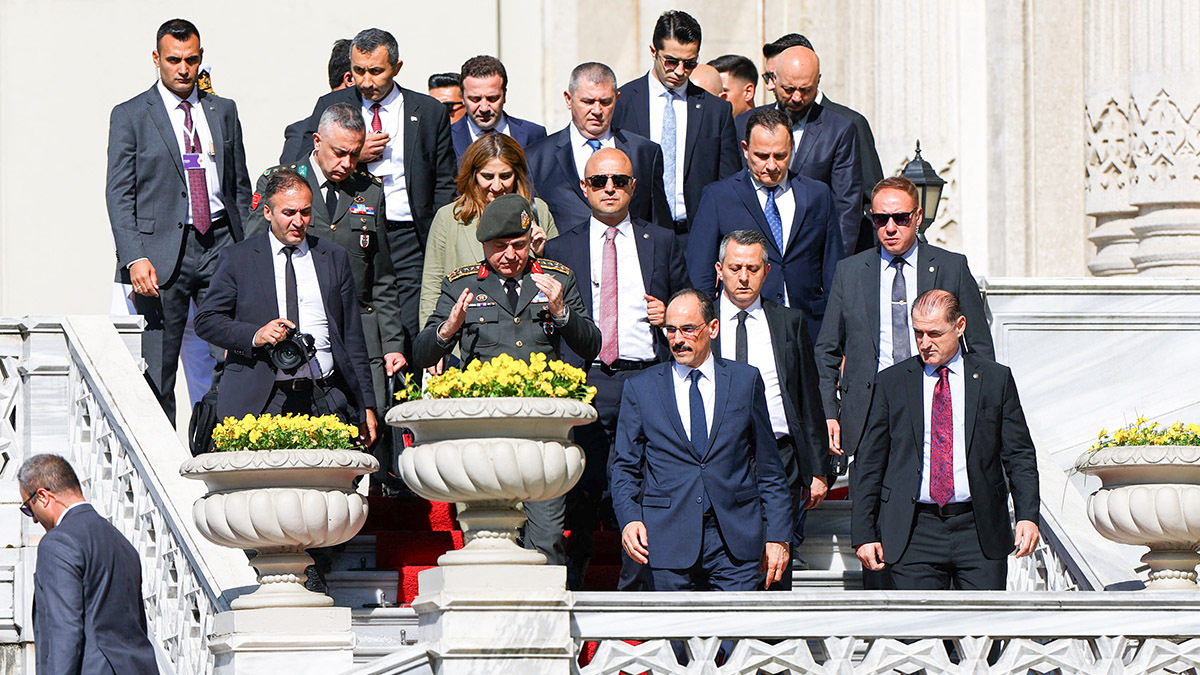
Trump toughens his tone
In the United States, President Donald Trump, who has repeatedly expressed his interest in achieving a quick solution to the conflict, has shown growing frustration at the lack of progress. A few days ago, on social media, he called Vladimir Putin ‘completely insane’ and accused him of ‘playing with fire’ after the recent Russian bombings on Ukrainian territory.
Despite his criticism, Trump has not yet imposed new sanctions on Moscow. Zelensky, however, has raised the tone and demanded that, if the negotiations in Istanbul do not produce concrete results, a new package of tougher sanctions be implemented immediately by both the United States and the European Union.
Meanwhile, the White House, through its spokesperson Karoline Leavitt, indicated that Trump is ‘open’ to considering a tripartite summit with Putin and Zelensky if the situation requires it.
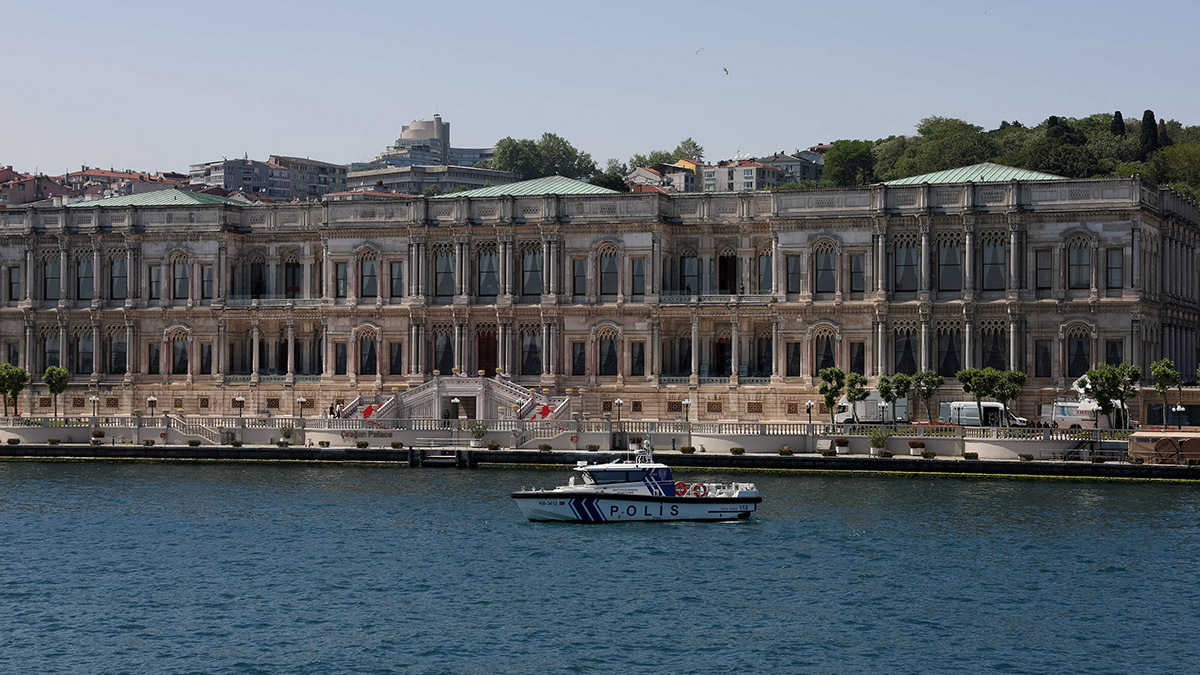
Bombing continues despite negotiations
While the delegations were negotiating in Istanbul, violence continued on the front lines. At least five people were killed on Monday by Russian bombing in eastern Ukraine, according to local authorities. One of the victims died in Kramatorsk, two more in Illinivka, and two women were killed south of Kupiansk, in the Kharkiv region, which has been the target of intense attacks for months.
In addition, in the occupied region of Zaporizhia, a Ukrainian bombing caused a general power outage, according to Russian media reports. The region's nuclear power plant, however, was not affected.

